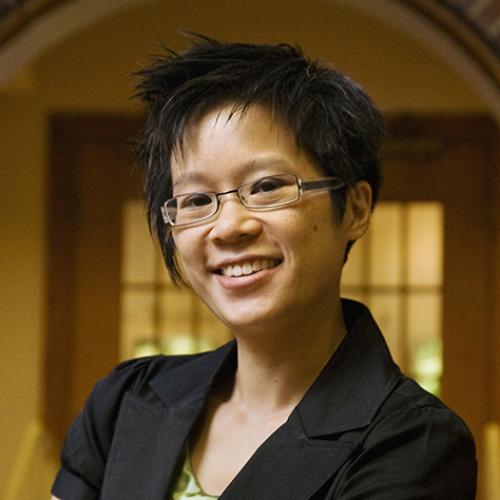Bonnie Mak, GSLIS assistant professor, is speaking at the conference "Unbound: Speculations on the Future of the Book" held at MIT on May 3-4, 2012.
This symposium explores the future potential of the book by engaging practitioners and performers of this versatile technology to ask some key questions: is the book an artifact on its deathbed or a mutable medium transitioning into future forms? What shape will books of the future take? Grounded in this technology’s history, we will reflect critically on possible futures, promises, and challenges of the book, showcasing practices by writers and artists, putting them in conversation with scholars and thinkers from across the disciplines who are framing discourse and questions about book-related technotexts. This symposium hopes to foster a lively discussion where audience members participate and invoke their multiple perspectives of the book.
Mak also gave the keynote address at the March 31 symposium, "E-Reading: an Interdisciplinary Symposium." The title of her talk was "Reading the 'E' in E-Reading." This event was co-sponsored by the University of Toronto, the Toronto Centre for the Book, and the Toronto Review of Books.
